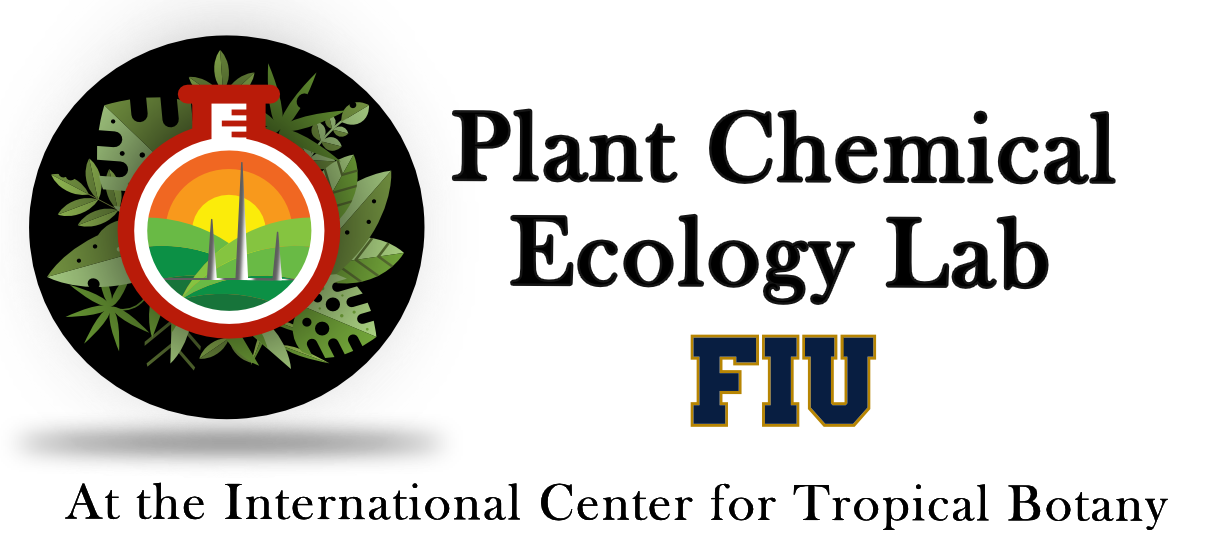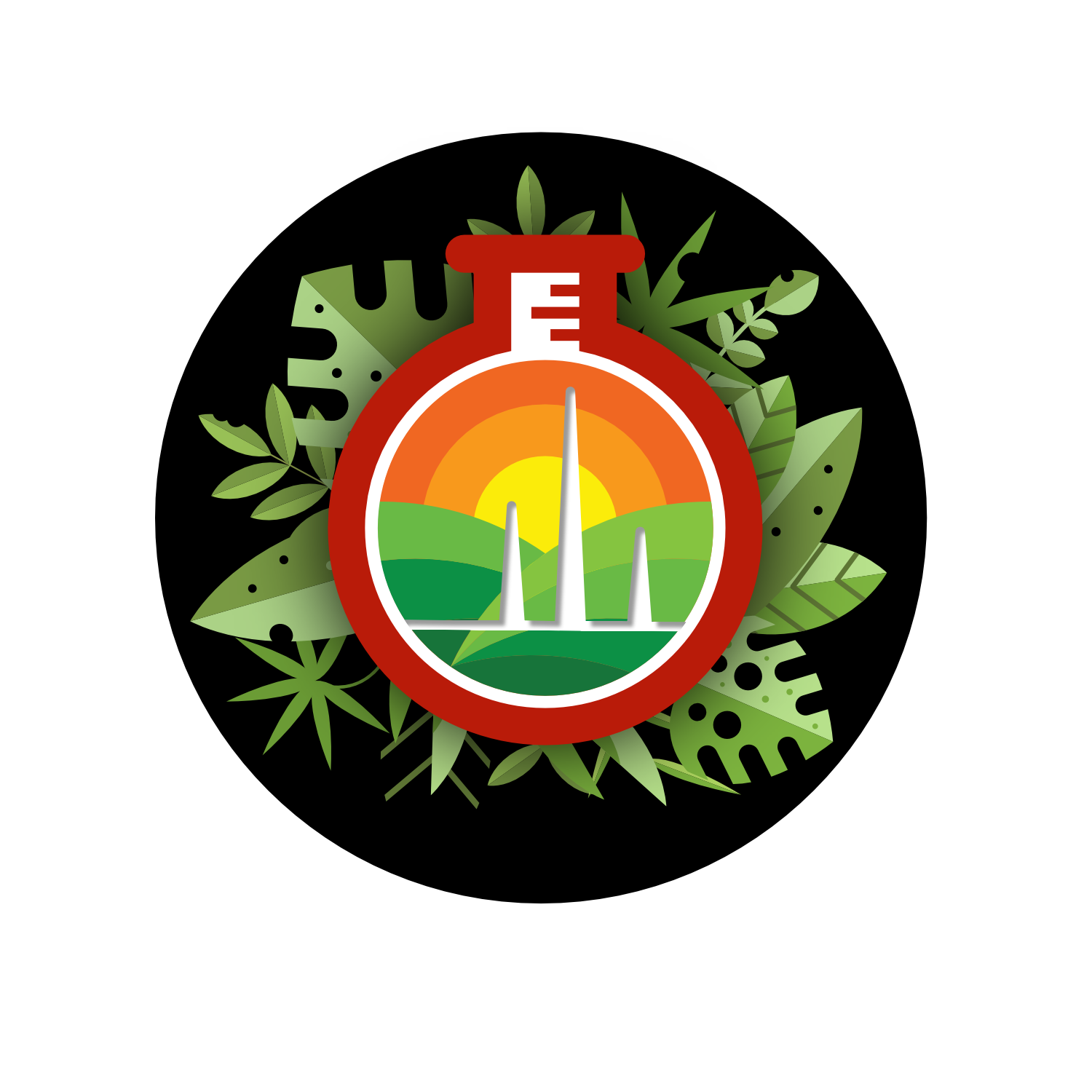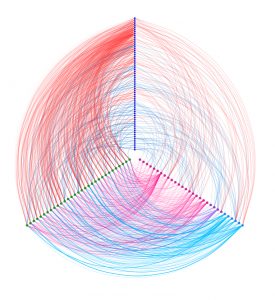
Independently of one’s field of study, chemistry is the interface by which species ultimately interact. From pheromones to colors, from allures to venoms and poisons, every species has to use, overcome, or circumvent chemical compounds in order to survive, grow, and reproduce. Nevertheless, in spite of the vast knowledge we have today on the diversity of organisms, their distributions, ecology, and evolution, we know very little of the diversity, distribution, function, and evolution of the natural compounds produced by said organisms. Which ecosystems are more chemically diverse? Which taxa produce a wider diversity of chemical compounds? What are the ecological and evolutionary implications of chemical diversity both at the species, clade, and community level? We believe that answering these questions is fundamental to, not only reach a better understanding of the processes that forge and maintain the vast diversity of the natural world, but also to create better strategies for the discovery and development of novel medicines, pesticides, and the improvement of staple crops.
The research at FIU’s Plant Chemical Ecology Lab centers on the mechanisms that forge and maintain tropical plant diversity. Specifically, we study the role that plant chemistry and natural enemies play in the distribution, coexistence, and diversification of plants. To this date, our work integrates experimental ecology, metabolomics, statistical learning, and applied systematics, all built on the cornerstone of natural history. We have been particularly engaged in the study of species chemical diversity, a deeply overlooked component of our world’s biodiversity.
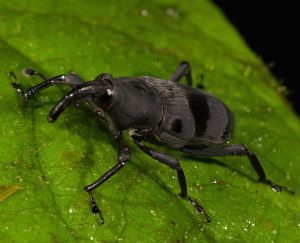
Our lab takes a holistic approach to research; our work is balanced between fieldwork, laboratory work, and computer analysis. We stand by our belief that all good biological research starts with solid natural history and field data (both experimental and observational). Nevertheless, our work also includes substantial laboratory and computational components that open the doors to a deeper, more holistic understanding of the mechanisms that mediate species interactions and evolutionary processes.
The research at FIU Chemical Ecology lab is part of the International Center for Tropical Ecology (https://ictb.fiu.edu), a collaboration between Florida International University and the National Tropical Botanical Garden to study plants and the resources they provide. The ICTB aims to provide research-based knowledge and tools to preserve and sustainably use tropical plants. The center serves as a platform to facilitate and foster international and interdisciplinary.
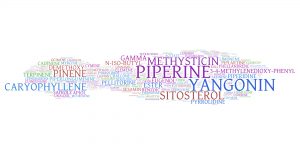
In this lab we believe that
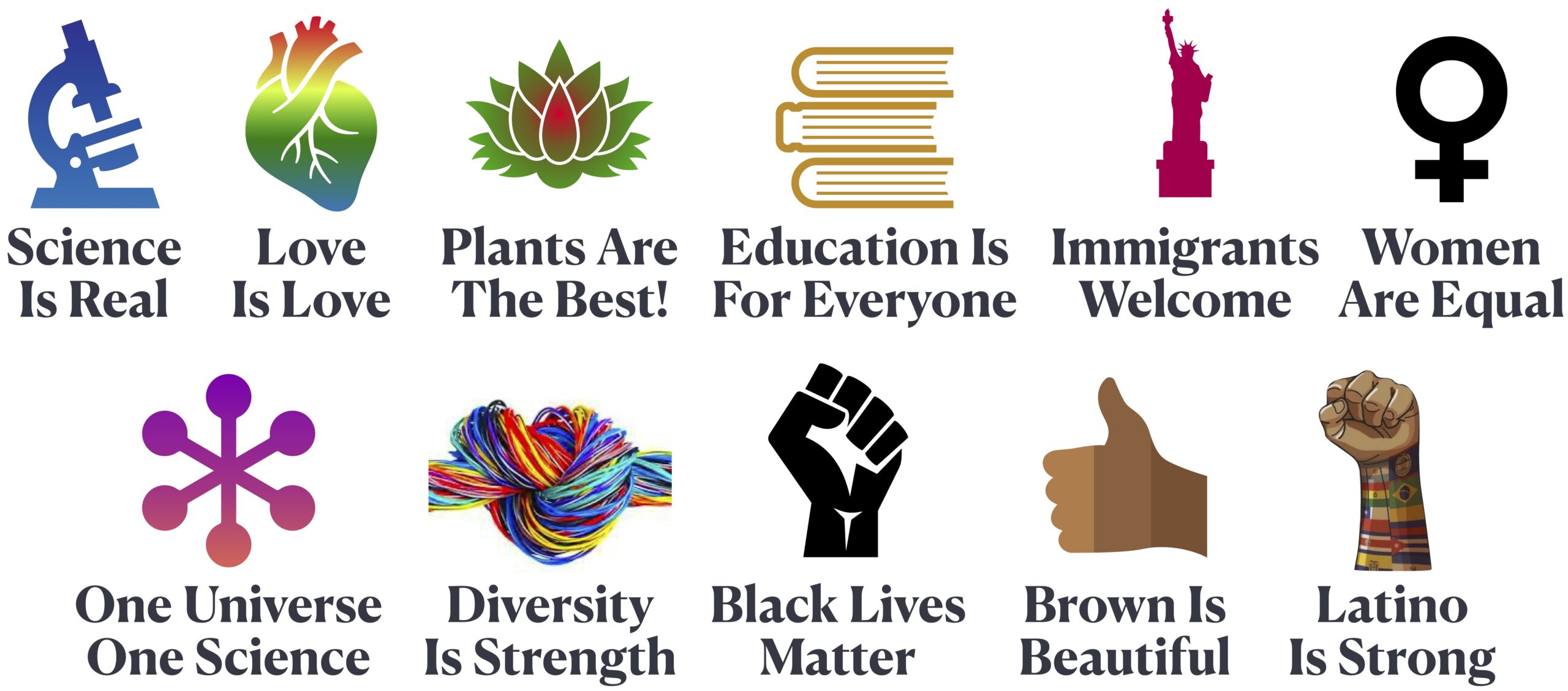
If you have any questions do not hesitate to contact us:
Diego Salazar Amoretti, Ph.D. // PI
Assistant Professor,
International Center for Tropical Biology
Department of Biological Sciences
Florida International University
Office: Owa Ehan 313
Laboratory: Owa Ehan 313
Phone: 305 348 7316
11200 S.W. 8th Street
Miami, Florida 33199.

